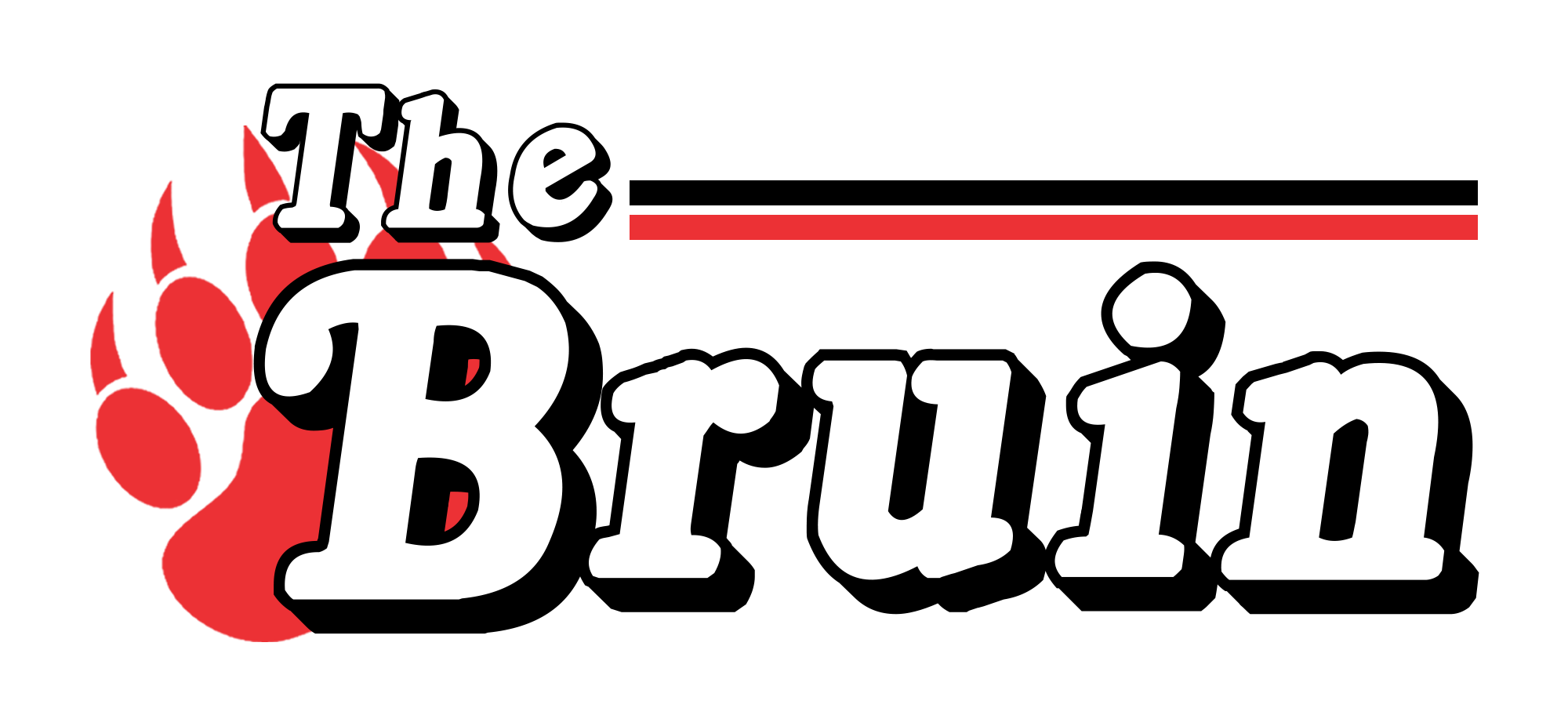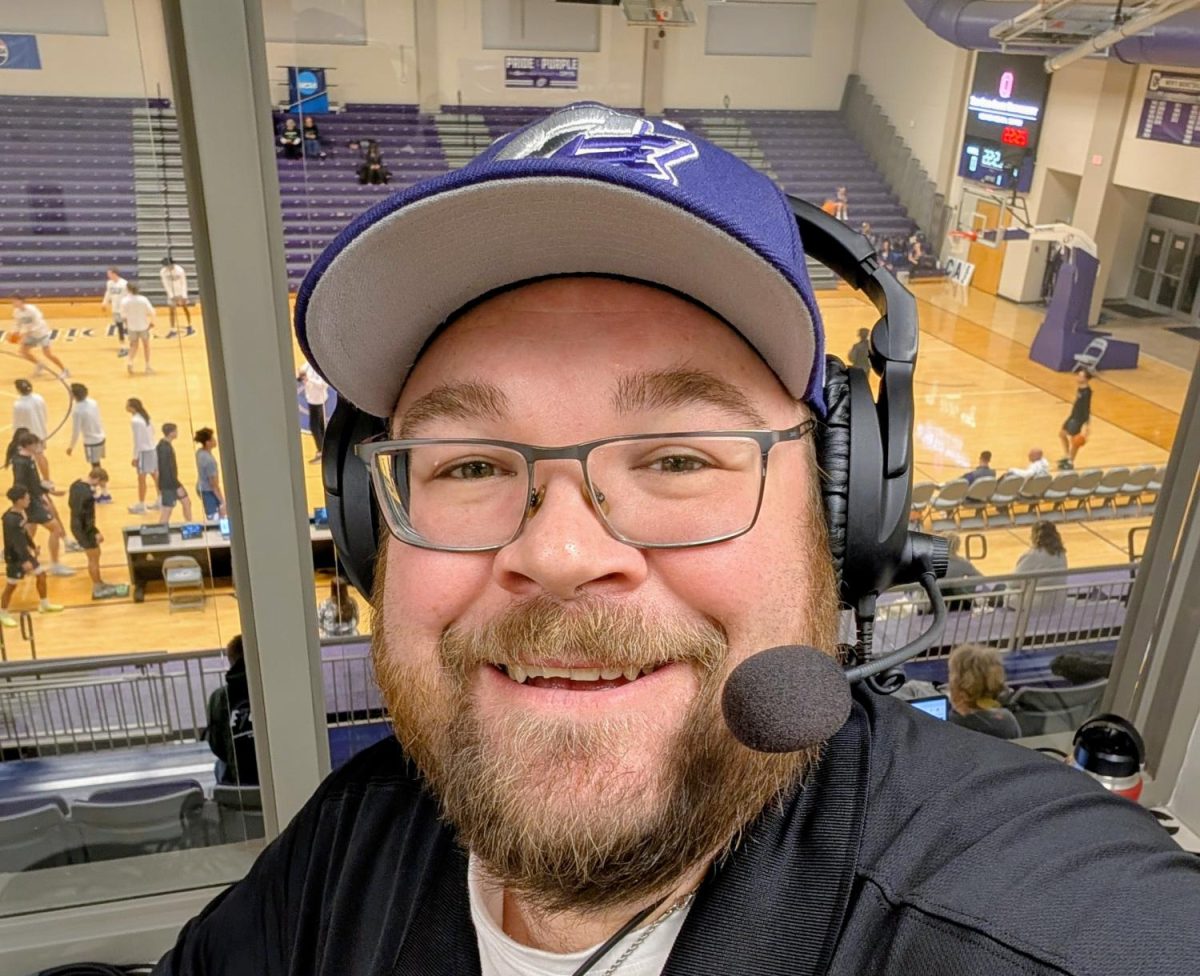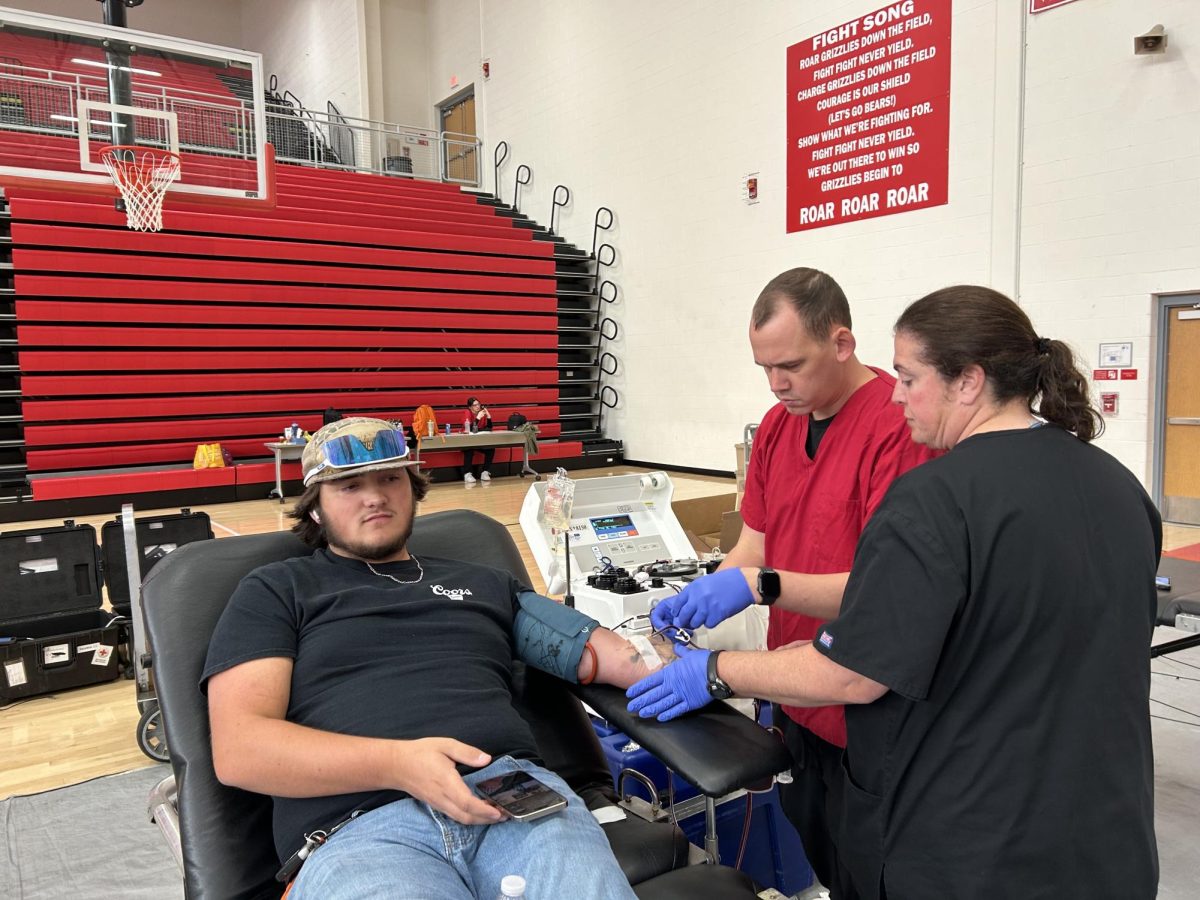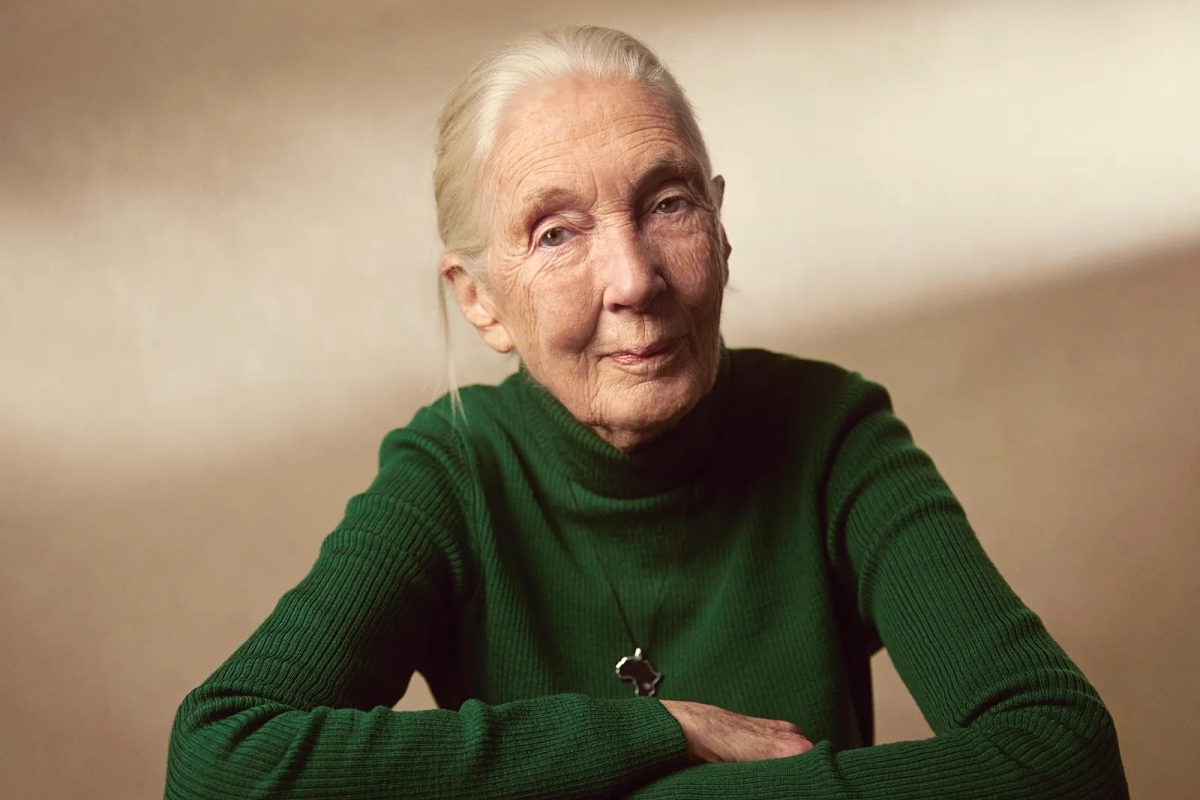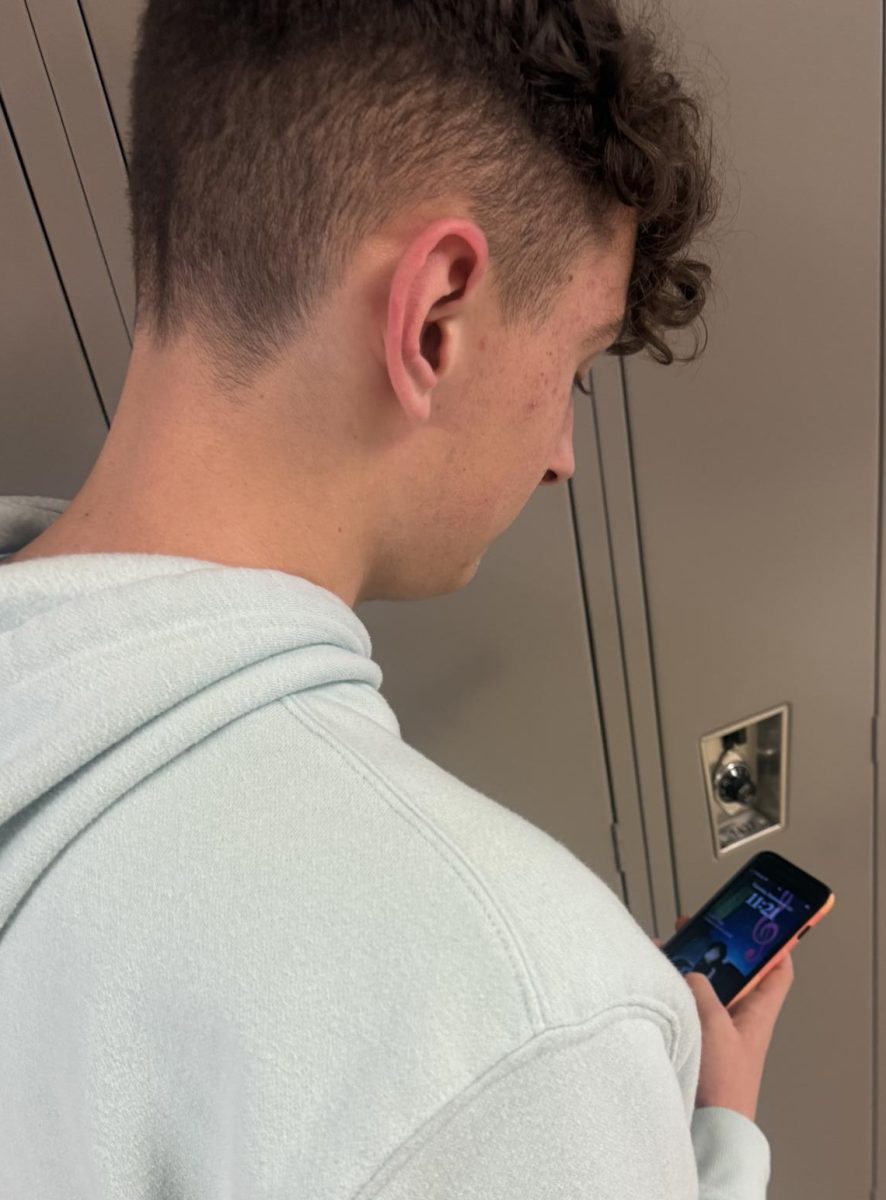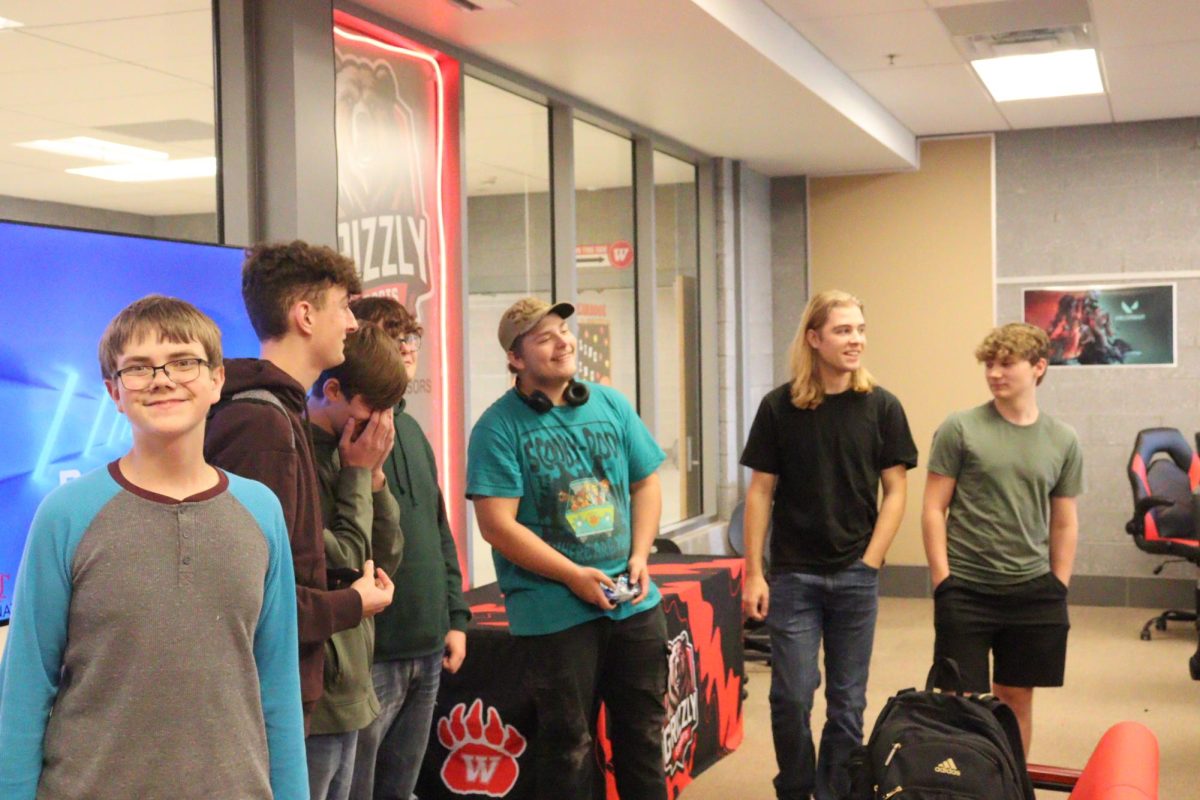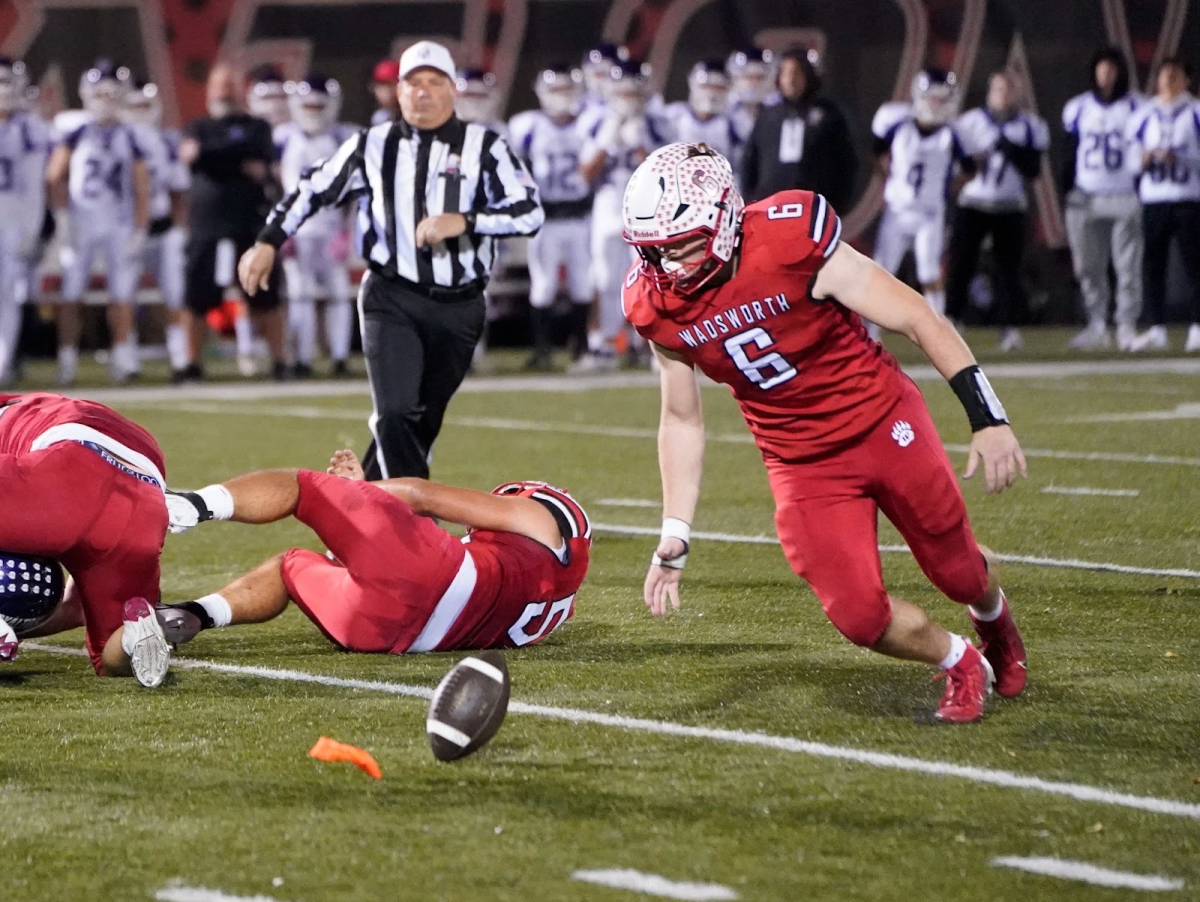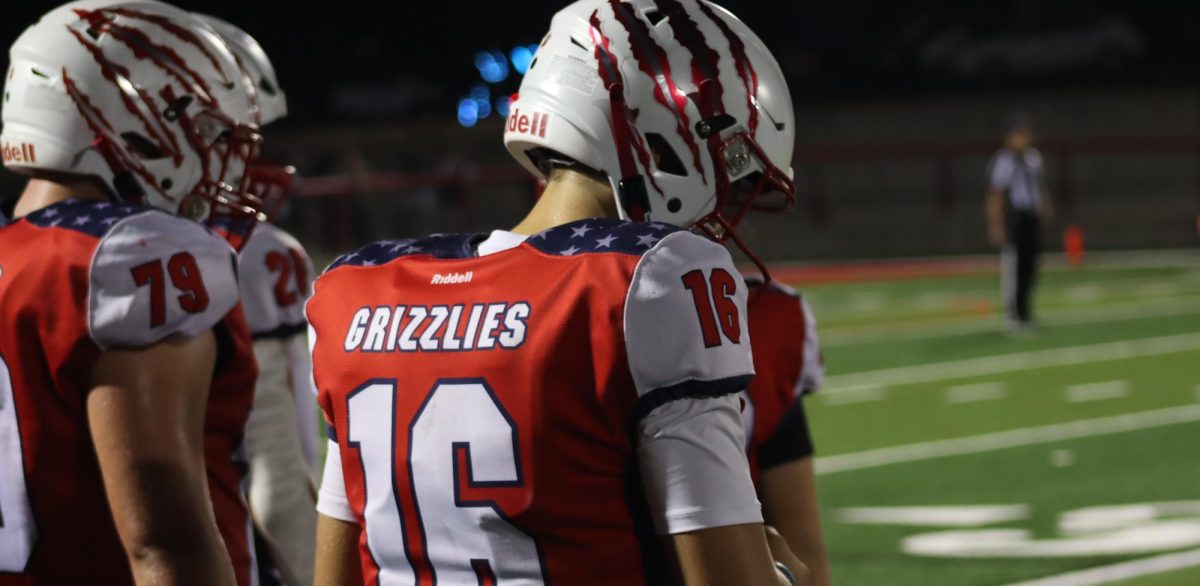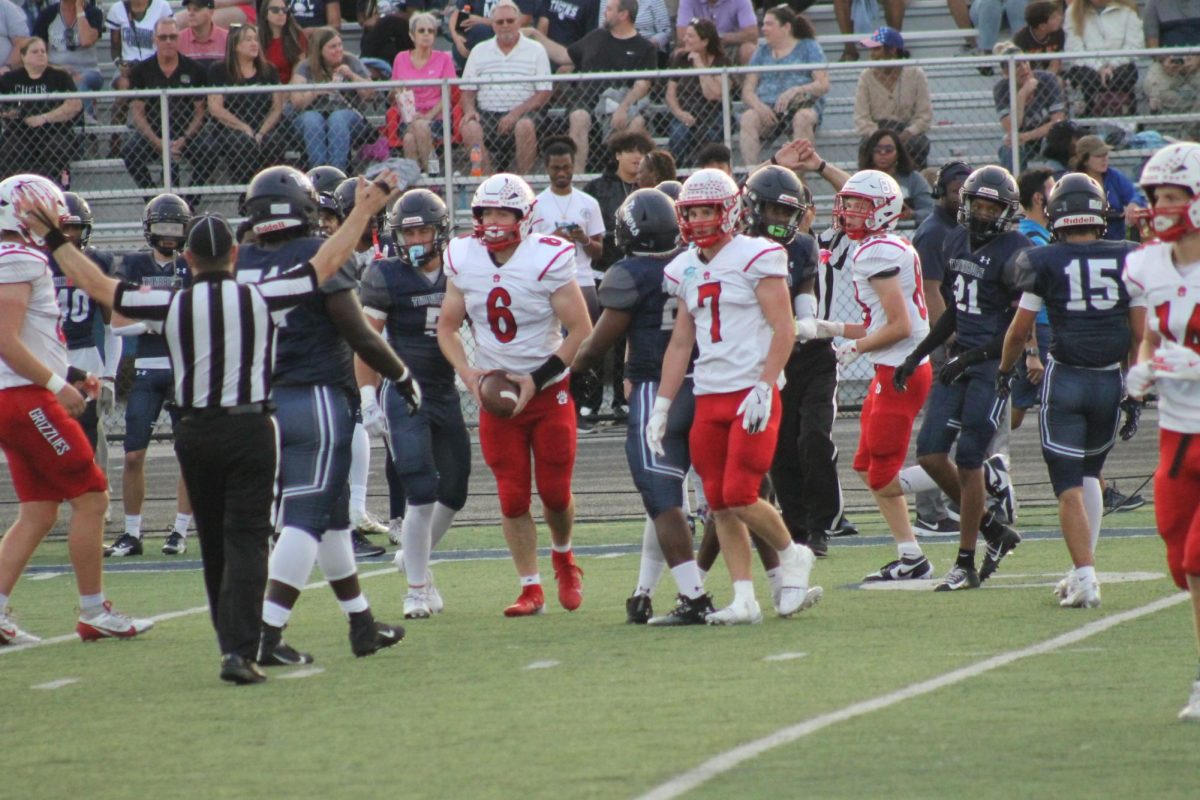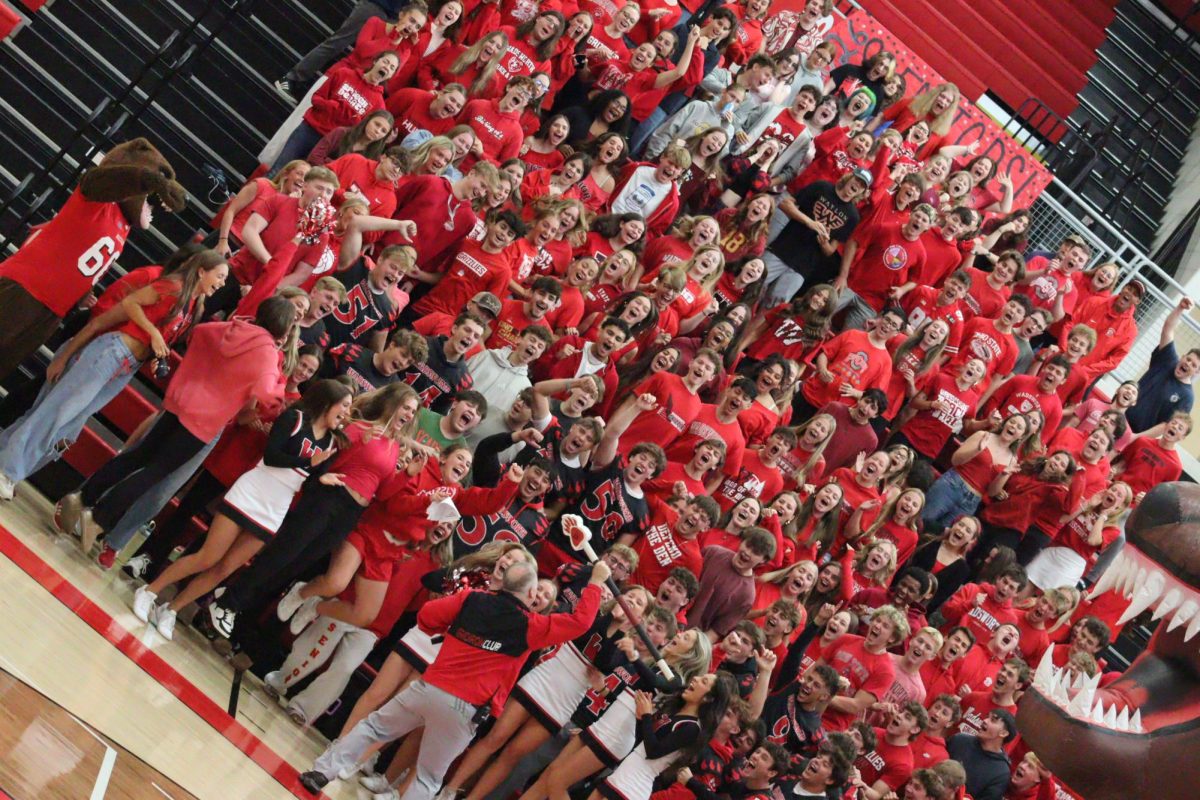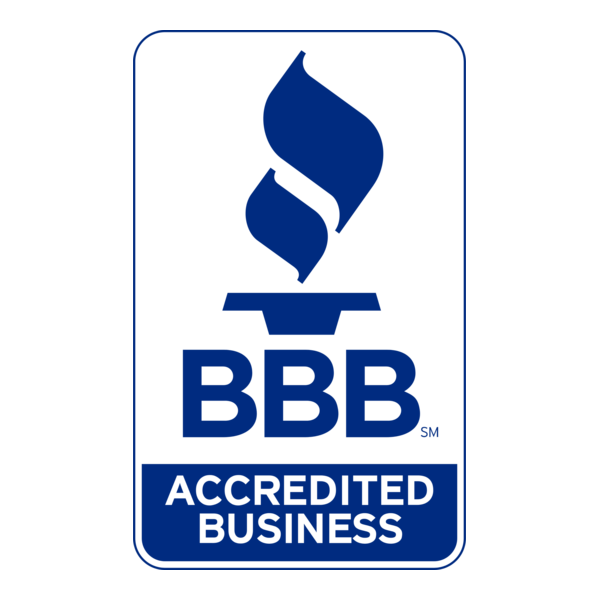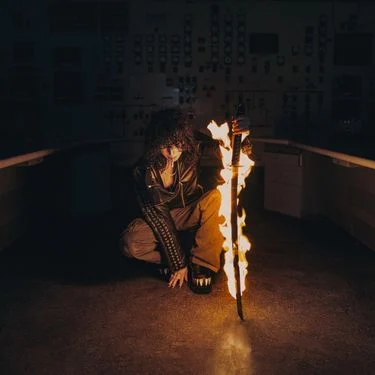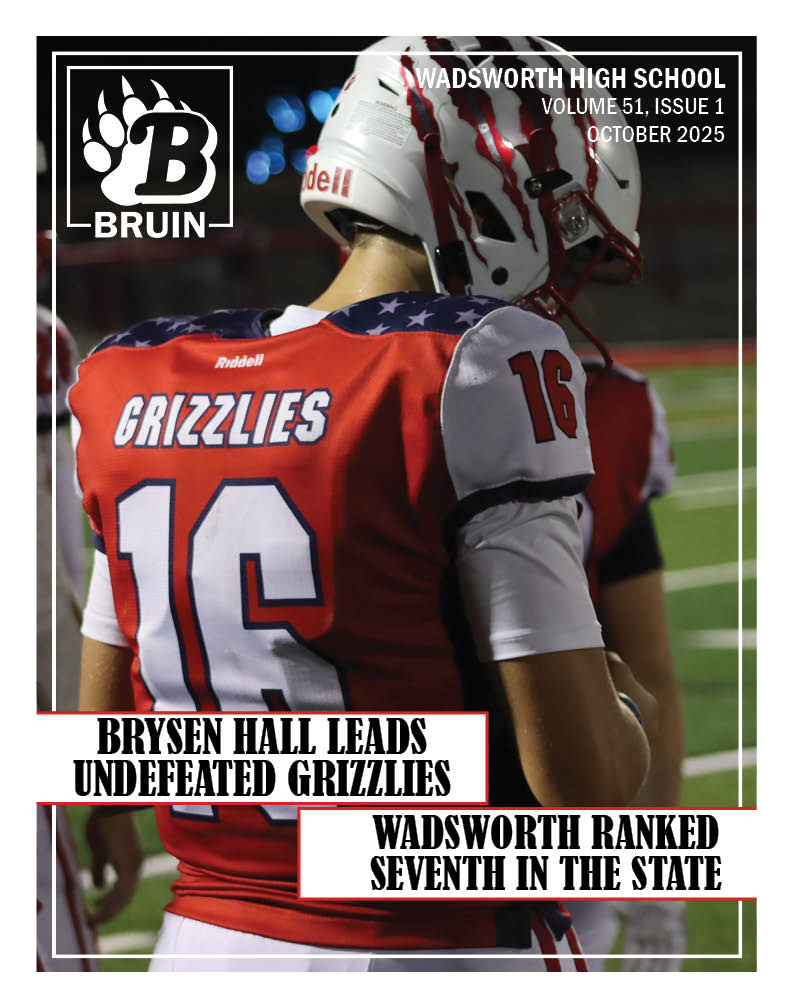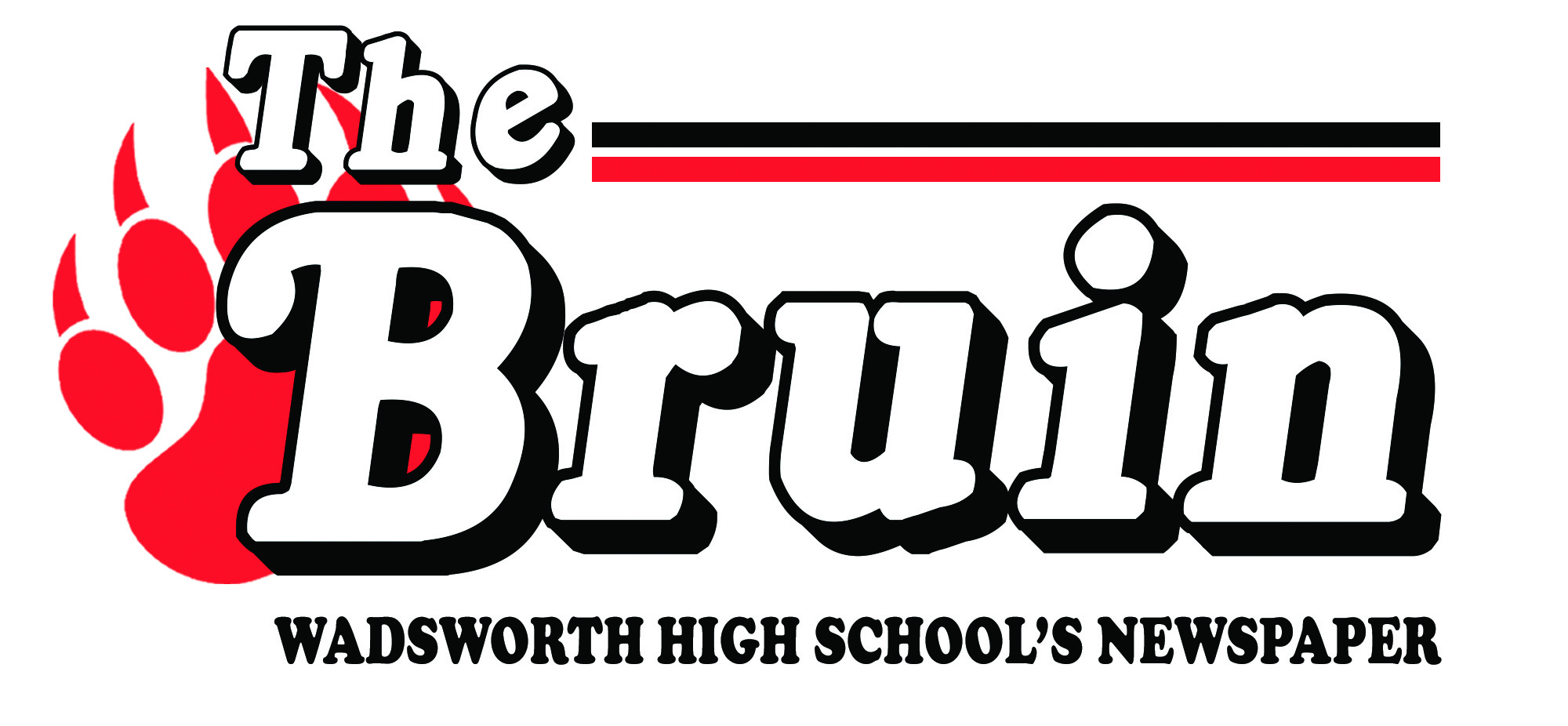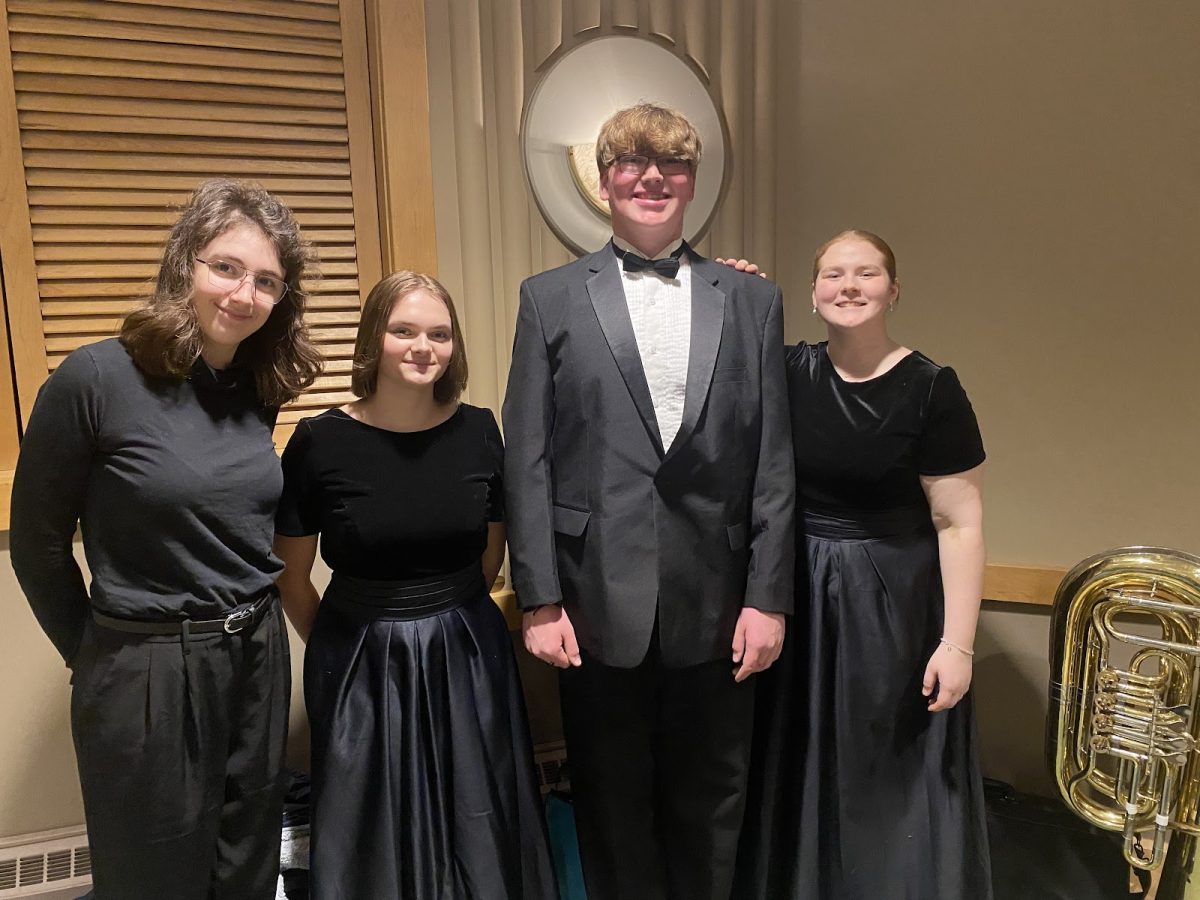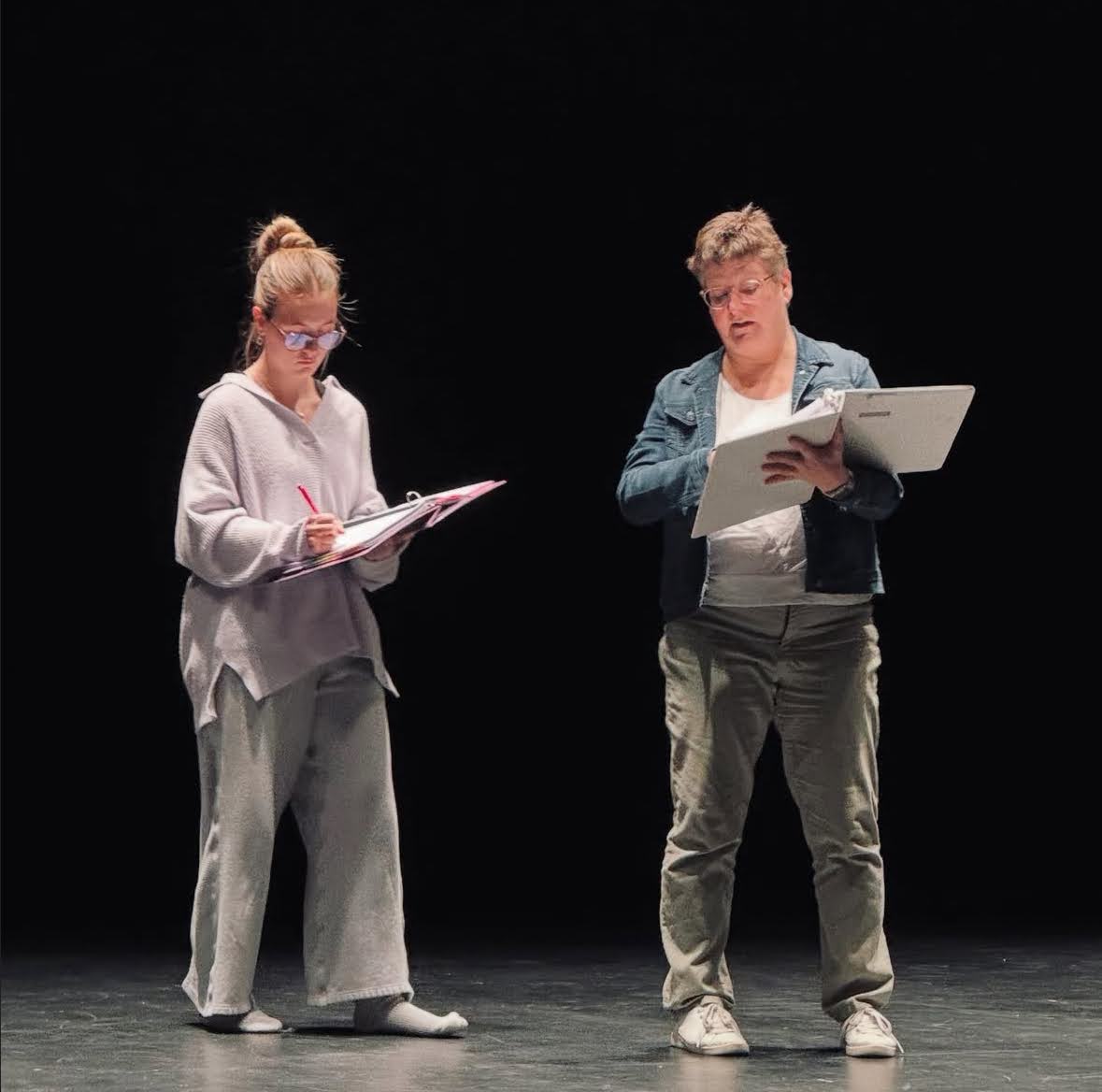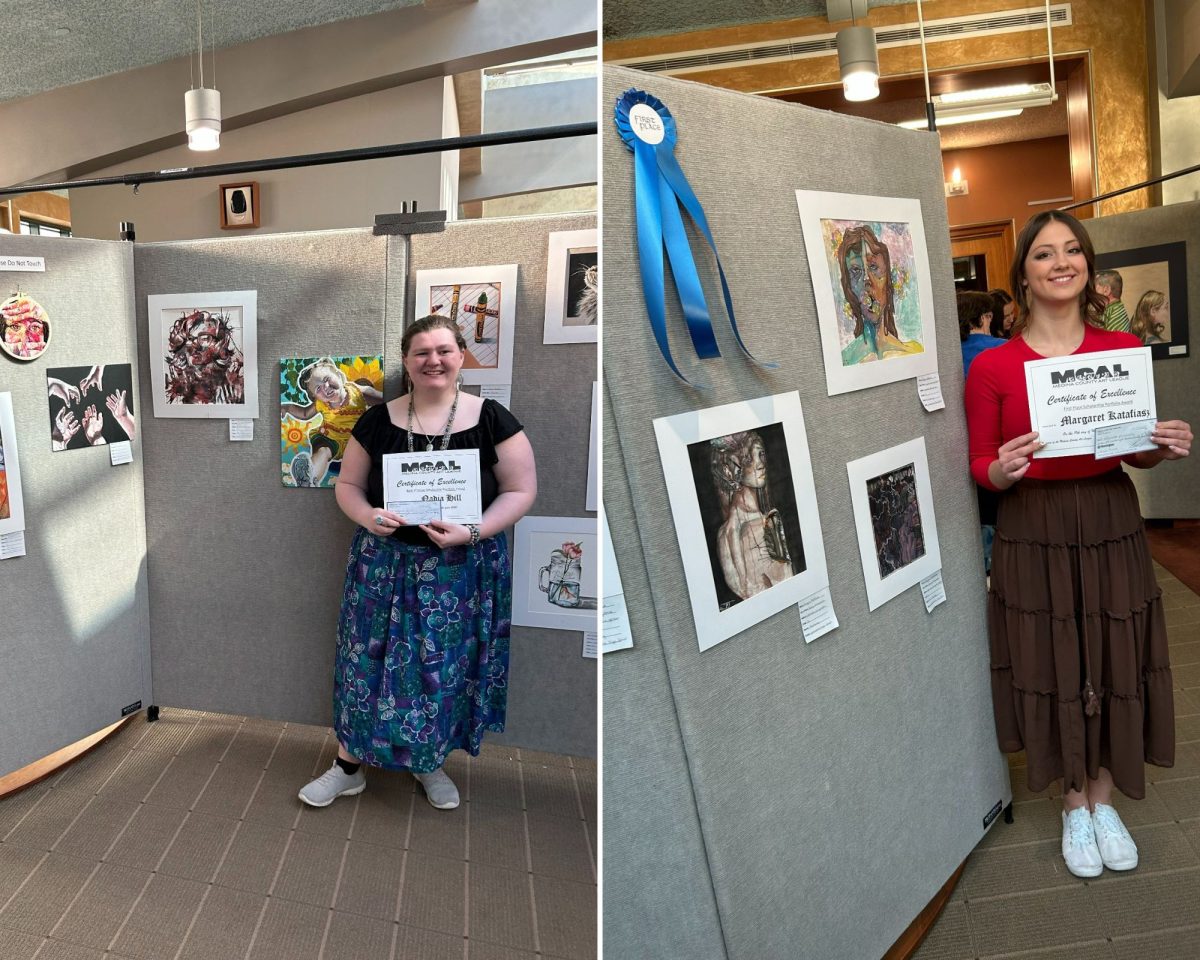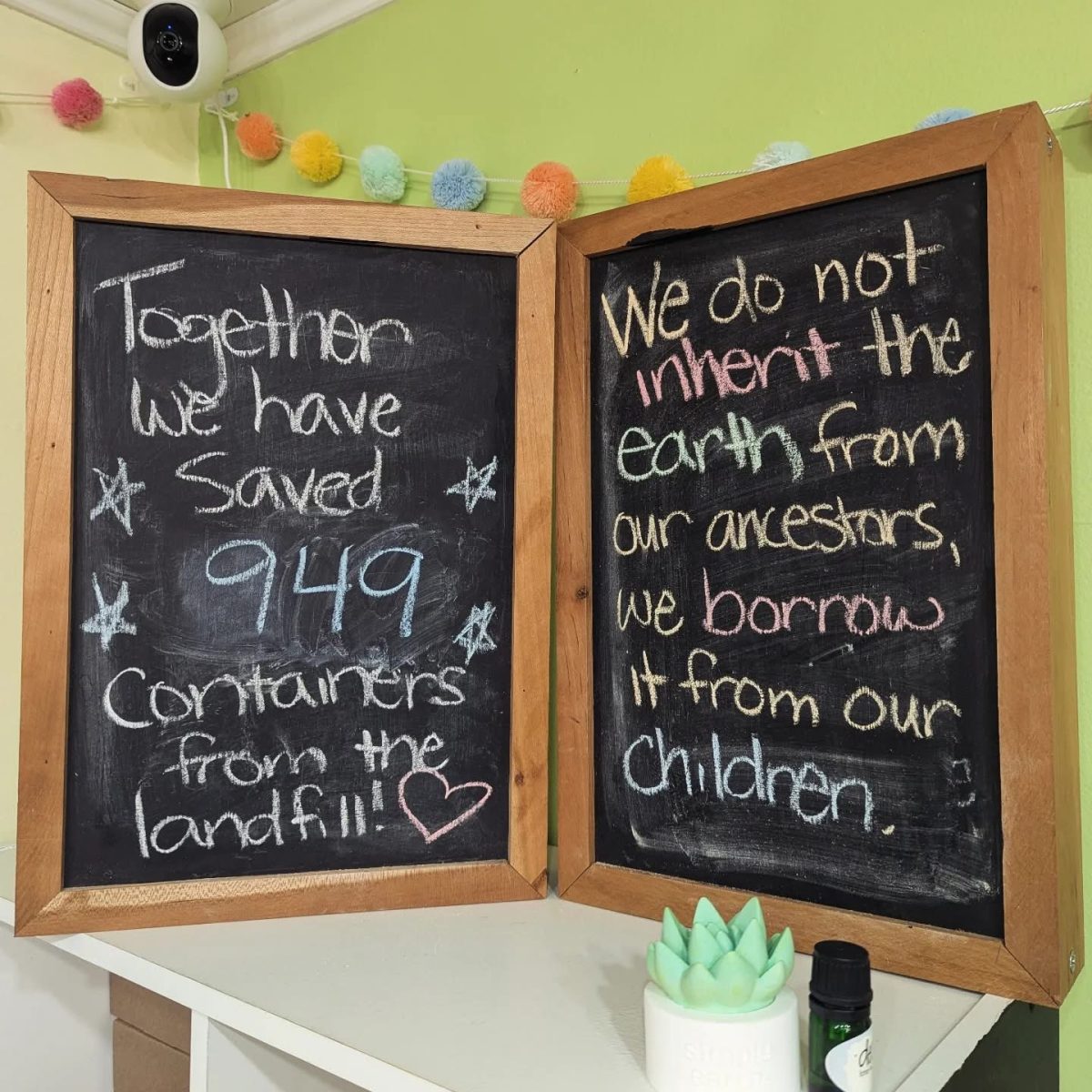BY BRIANNA BECERRA & VIDEO BY MICAH BECK
Back to school looks different in every state and even every county throughout America. Our back to school at Wadsworth High School in Wadsworth, Ohio was relatively similar to what we have experienced before, as our district opted for students to come into the high school for classes five days a week. Though we are able to be together in person, the basic structure of our high school newspaper, The Bruin, is still unsteady. (Watch the video about the Bruin’s return plans)
As a staff, the biggest setback we are facing is our staffers being sent home to quarantine. We currently have two staff members that are at home because they sat next to a student who tested positive. This has changed the operation of our class, as we have recorded many lessons and posted the videos so staffers can keep up while at home. Communication with them is no longer as easy as talking to them in class, as now there are the hurdles of communicating online.
Julia Swain, a Bruin staff member that was sent home to quarantine, shares that working from home was extremely stressful. She says that she was shocked when she was told to quarantine due to sitting near a student who showed COVID-19 symptoms.
“It was really shocking,” said Swain. “You think other people might get sent home, but you never think that you will get sent home. You never think, ‘Oh, it’s going to be me’. It was really stressful because I had no idea how to do this.”
Our school requires students to wear masks and stay at least three feet apart at all times. This has drastically changed The Bruin, as we are accustomed to sitting close together to collaborate on a story, peering over each other’s shoulders to edit and switching between computers to help with a layout. These things are no longer allowed, as social distancing is being upheld in order to prevent the spread of the virus.

There is no guarantee that we will be able to continue having in-person classes for the entirety of the academic year, so our staff is working to plan ahead so we are ready for whatever obstacles we may have to face. During the spring when students were sent home, the printing of our news magazine came to a halt as we no longer had the necessary resources at our fingertips. Though we have a website, the biggest part of being on The Bruin staff is creating the monthly printed issues together.
Brian Coote, Co-Editor in Chief of The Bruin, explains that making a list of priorities was the first step towards organizing the class for this year.
“The priority was to be as normal as possible,” said Coote.
The editors met via Zoom several times over the summer, working to create a schedule for at least the first week of school. Our plans were unstable, as planning further than a week in advance could end up being fruitless due to the constant uncertainty that we are facing. Our number one priority is to get organized.
In order to create a sense of organizational structure within The Bruin, various editor-led committees were created. Our committees include the normal back to school debates on story ideas, finances, printing schedules and graphic design updates, but they also include groups that we have never needed before. These new committees address the “What If?” questions that staff members have been asking as well as finding programs for staffers to use at home. The committees were vital in our planning process, as our divided efforts were able to provide a more lucid plan for the future if we are required to become an online only paper once again.
Arianna Kaser, a new Bruin staff member, admits that adjusting to the changes this year has been challenging.

“The amount of uncertainty of the school year is making coming up with stories really difficult,” said Kaser.
To create our printed news magazine, we use programs such as InDesign and Photoshop. These programs are on the pricey side and staff members are unable to access them while at home. In order to solve this dilemma, the at-home technology committee has been looking for free or inexpensive programs that can be used on our school-issued Chromebooks.
This committee is something that we have never needed to include before, as we have always relied on the tools in our computer lab at school to create our paper. The carpet was pulled out from underneath us in the spring when we no longer had these programs at our fingertips, so finding an alternative to use at home is something that must be done in order to operate with the most normalcy as possible.
The financial situation for our paper has sent the staff into a minor panic, as our income this year is compromised. We rely on a patron system, as we self-fund our printed issues. Due to the uncertainty that comes with a pandemic, we are unable to promise that our patrons will receive all nine printed issues. This puts a damper on our financial plan, as patrons may not be willing to pay for a newspaper that they might not end up receiving.
In order to create a rough sketch of a financial plan for this year, the staff worked together to create a five year plan depending on what this year’s income could look like. Though our projections are nowhere near solid because of the potential loss of patrons and sponsors, we still want to make sure that we will have enough money to cover any printing that we are able to do this year.
The “What If?” committee is in charge of exactly what its name depicts; finding solutions to all of the potential roadblocks we will face if we are no longer able to come to school. They are working on establishing plans for the three different situations that may occur with our schooling. The district may opt to continue to be in-person five days a week, switch to a hybrid option, or have all students completely online.

Brian Coote again discusses the uncertainty that The Bruin staff has been feeling, as the situation is constantly evolving. This is why he believes that the “What If?” committee was so important.
“Just in a matter of two weeks, we went through fifty different plans because we have no idea what could happen,” said Coote. “Even our school district kept pushing back school and every other school was doing something different. We didn’t have a general idea of what even next week was going to look like.”
These committees have proved to be immensely helpful through the decision making process, as staff members are concentrated on only one topic at once. Even with the work of the committees, we are still shrouded in uncertainty. Our plans are not completely solid, but progress is being made.

